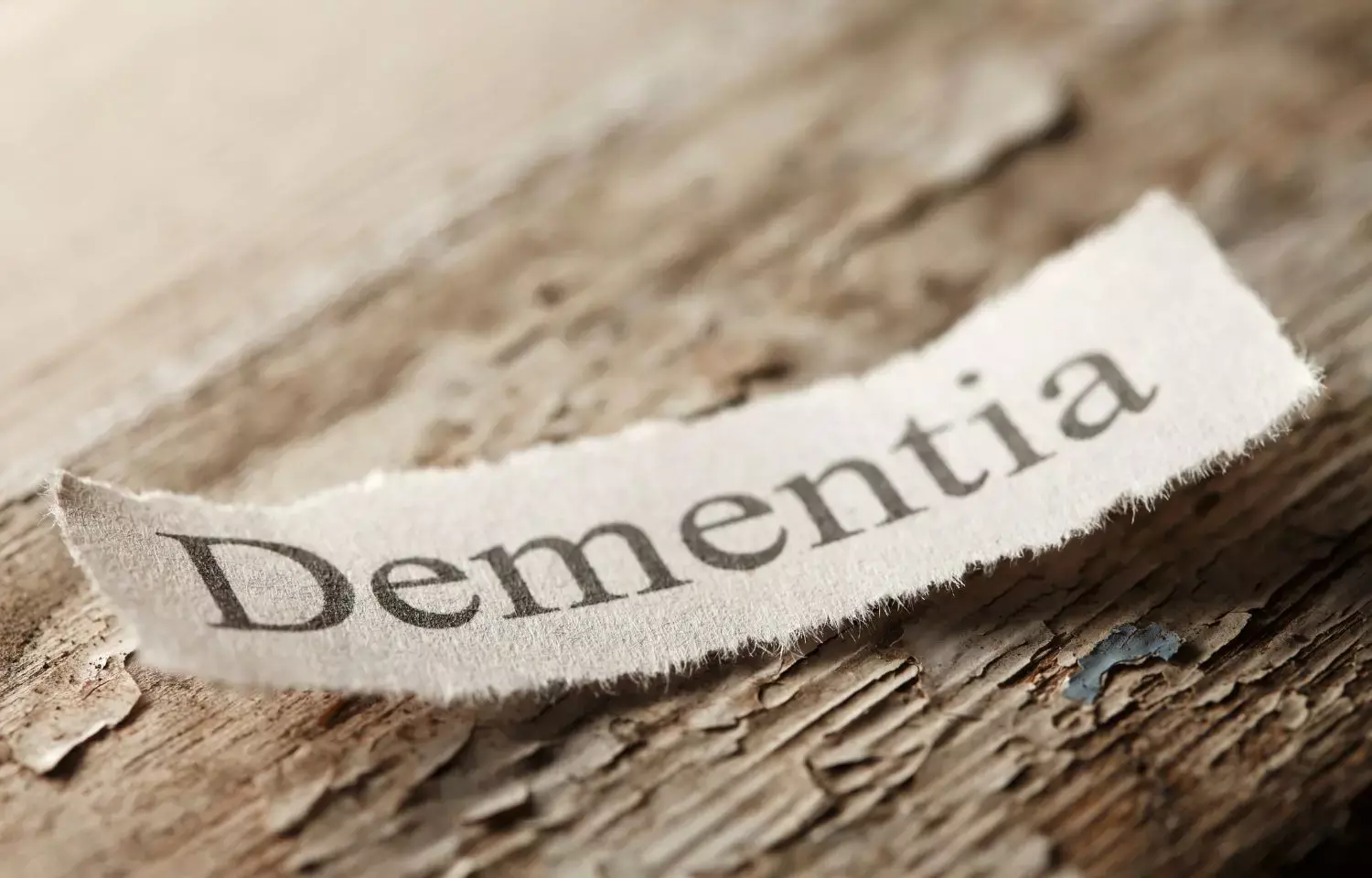- Home
- Medical news & Guidelines
- Anesthesiology
- Cardiology and CTVS
- Critical Care
- Dentistry
- Dermatology
- Diabetes and Endocrinology
- ENT
- Gastroenterology
- Medicine
- Nephrology
- Neurology
- Obstretics-Gynaecology
- Oncology
- Ophthalmology
- Orthopaedics
- Pediatrics-Neonatology
- Psychiatry
- Pulmonology
- Radiology
- Surgery
- Urology
- Laboratory Medicine
- Diet
- Nursing
- Paramedical
- Physiotherapy
- Health news
- Fact Check
- Bone Health Fact Check
- Brain Health Fact Check
- Cancer Related Fact Check
- Child Care Fact Check
- Dental and oral health fact check
- Diabetes and metabolic health fact check
- Diet and Nutrition Fact Check
- Eye and ENT Care Fact Check
- Fitness fact check
- Gut health fact check
- Heart health fact check
- Kidney health fact check
- Medical education fact check
- Men's health fact check
- Respiratory fact check
- Skin and hair care fact check
- Vaccine and Immunization fact check
- Women's health fact check
- AYUSH
- State News
- Andaman and Nicobar Islands
- Andhra Pradesh
- Arunachal Pradesh
- Assam
- Bihar
- Chandigarh
- Chattisgarh
- Dadra and Nagar Haveli
- Daman and Diu
- Delhi
- Goa
- Gujarat
- Haryana
- Himachal Pradesh
- Jammu & Kashmir
- Jharkhand
- Karnataka
- Kerala
- Ladakh
- Lakshadweep
- Madhya Pradesh
- Maharashtra
- Manipur
- Meghalaya
- Mizoram
- Nagaland
- Odisha
- Puducherry
- Punjab
- Rajasthan
- Sikkim
- Tamil Nadu
- Telangana
- Tripura
- Uttar Pradesh
- Uttrakhand
- West Bengal
- Medical Education
- Industry
Does shingles increase a person's risk of dementia?

MINNEAPOLIS: Shingles, a viral infection caused by the reactivation of the chickenpox virus, results in a painful blistering rash along one side of the body or face from nerve inflammation. There has been scientific speculation that such inflammation may increase a person's risk of dementia. However, a new study has found that shingles is not associated with an increased risk of dementia. The study is published in the June 8, 2022, online issue of Neurology®, the medical journal of the American Academy of Neurology.
"As a person's age increases, so does their risk of dementia, and it's important to determine which factors may contribute to this risk," said study author Sigrun Alba Johannesdottir Schmidt, MD, PhD, of Aarhus University Hospital in Denmark. "Shingles most often affects people over age 50. The good news is that our study found it does not seem to increase a person's risk for dementia."
For the study, researchers reviewed Danish medical registries. Over a 20-year period, they identified 247,305 people who had visited a hospital for shingles or were prescribed antiviral medication for shingles, and 1,235,890 people matched for age and sex who did not have the disease. The average age was 64.
Researchers then determined which participants developed dementia up to 21 years after their shingles diagnosis. Of people who had shingles, 9.7% developed dementia. Of people who did not have shingles, 10.3%, developed dementia.
After adjusting for other health conditions such as diabetes, cancer, and traumatic head injury, researchers found that people with shingles had a 7% lower risk of dementia than people who did not have shingles.
"We were surprised by these results," said Schmidt. "The reasons for this decreased risk are unclear, but it could be explained by missed diagnoses of shingles in people with undiagnosed dementia. Shingles vaccination is encouraged for older people because it can prevent complications from the disease, but our study suggests it is unlikely to reduce dementia risk."
Researchers did find that people who had shingles that had spread to the central nervous system had nearly twice the risk of developing dementia. However, Schmidt said such complications are rare, affecting below 0.1% of those with shingles.
A limitation of the study was that participants were identified based on antiviral prescriptions or hospital visits for the disease so results may not be the same for people with milder cases and those who are not treated for the disease.
Dr Kamal Kant Kohli-MBBS, DTCD- a chest specialist with more than 30 years of practice and a flair for writing clinical articles, Dr Kamal Kant Kohli joined Medical Dialogues as a Chief Editor of Medical News. Besides writing articles, as an editor, he proofreads and verifies all the medical content published on Medical Dialogues including those coming from journals, studies,medical conferences,guidelines etc. Email: drkohli@medicaldialogues.in. Contact no. 011-43720751


